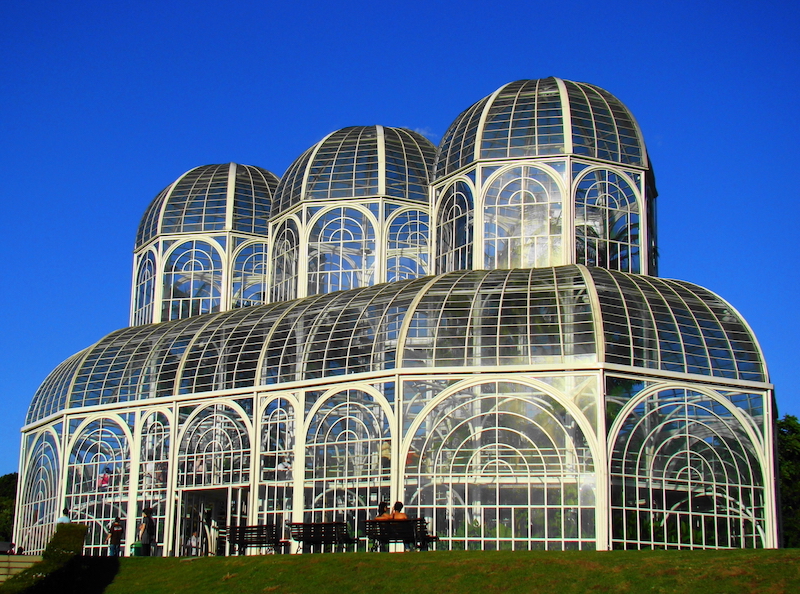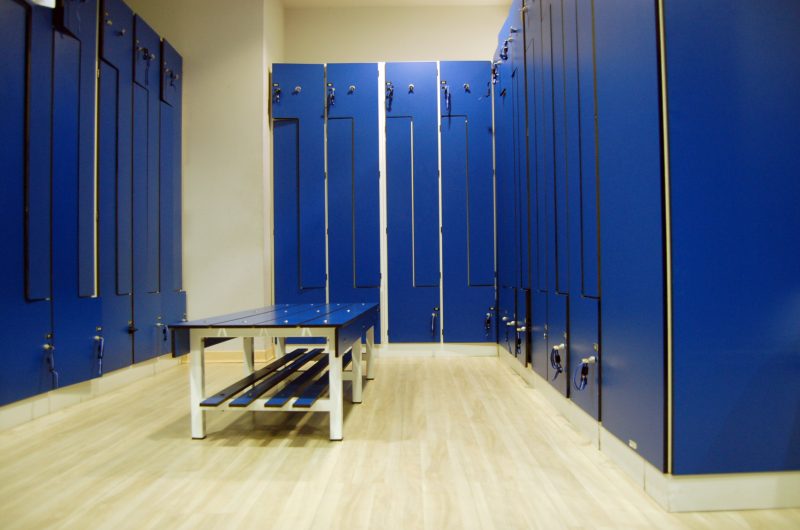In The US Coffee Is A growing Tradition
The coffee culture in the United States has become a significant part of daily life. From small cafes to large chains, coffee has become a staple. Coffee consumption has steadily increased in recent years. People across the nation enjoy various styles of coffee. The diversity of tastes and preferences makes US coffee culture unique. Coffee brings people together.
The history of coffee in the United States
US Coffee has been a part of American culture for centuries. Early American settlers relied on coffee as a primary beverage. The demand for coffee grew steadily as cities expanded. The rise of industrialization further fueled the popularity of coffee. Throughout the 20th century, coffee consumption continued to rise. Today, coffee is an integral part of American daily routines.
Popular coffee varieties in the US
Americans enjoy a wide variety of coffee types. The most popular choices include espresso, drip coffee, and cold brew. Espresso drinks like lattes, cappuccinos, and macchiatos are widely consumed. Cold brew has gained significant traction in recent years, especially in warmer climates. Each variety offers a unique experience, catering to different tastes and preferences. Many coffee drinkers also experiment with flavours and add-ins, such as flavoured syrups, milk alternatives, and spices.
Rise of specialty coffee
In recent years, there has been a significant rise in specialty coffee. Coffee roasters and cafés emphasize high-quality beans and artisanal brewing methods. This movement has made coffee more than a daily habit. It has become an experience focused on flavor, aroma, and quality. Many Americans now seek out unique, single-origin beans and enjoy exploring different brewing techniques. Specialty coffee shops have become hubs for coffee enthusiasts.
Coffee shop culture
Coffee shops have become cultural landmarks in the US. They serve as spaces for people to gather, work, or relax. Cafes are more than places to grab a cup of coffee. They provide an environment where communities connect. Coffee shops often reflect the unique culture and vibe of the area they serve. Some shops specialize in specific brewing methods, such as pour-over or siphon brewing. The ambiance and quality of coffee are often as important as the drinks themselves.
Coffee chains
Large coffee chains, particularly Starbucks, have played a significant part in shaping US coffee culture. These brands have made coffee more accessible, available, and consistent. Starbucks popularized specialty coffee drinks, such as the Frappuccino and Pumpkin Spice Latte. In recent years, smaller regional chains have also emerged, offering unique flavors and experiences. These chains have created a competitive coffee market, which benefits consumers by providing more choices.
Coffee in American work culture
Coffee plays a key role in American work culture. Many workers rely on coffee to stay alert and focused throughout the day. Offices across the country are stocked with coffee machines to fuel productivity. Coffee breaks have become an integral part of office culture, offering a chance for employees to recharge. For many people, coffee is an essential part of their daily work routine, helping them power through long hours.
Coffee subscriptions in the US
Coffee subscriptions have grown in popularity among American coffee lovers. These services deliver freshly roasted coffee beans to your door. With a coffee subscription, customers can explore a wide range of flavors and beans. Some subscriptions focus on single-origin coffee, while others offer blends from different regions. Subscriptions allow coffee drinkers to try new roasters and brewing methods regularly. This trend reflects a shift toward more personalized coffee experiences.
Sustainability
Sustainability has become a significant concern in US coffee culture. Many coffee drinkers are now more conscious of where their beans come from. This has led to increased demand for ethically sourced coffee. Fair trade and organic certifications are more common than ever. Consumers are seeking out coffee brands that prioritize environmental sustainability and ethical practices. Sustainable farming practices and eco-friendly packaging are also becoming more prevalent in the market.
Coffee innovation
Innovation is shaping the future of coffee in the United States. New brewing methods, such as Nitro Coffee, have become widely popular. Nitro Coffee is infused with nitrogen gas to create a smooth, creamy texture. Cold brew coffee, once a niche product, is now a mainstream favorite. Coffee companies are also experimenting with unique flavors and blends. These innovations provide coffee drinkers with more exciting options to explore.
Coffee trends
As the US coffee scene continues to evolve, several trends are gaining momentum. Plant-based milk alternatives, such as oat and almond milk, are increasingly popular. Many coffee shops now offer a variety of plant-based milk options to cater to dietary preferences. The demand for iced coffee and cold brew is expected to keep rising. Sustainability will continue to be a major focus, with more coffee brands adopting eco-friendly practices. Additionally, technological advancements in brewing and delivery systems may change how Americans enjoy coffee.
Concerns of coffee consumption
While coffee is enjoyed for its flavor and energy boost, it also has potential health benefits. Studies show that moderate coffee consumption can reduce the risk of certain diseases. Coffee is a rich source of antioxidants, which contribute to overall health. Additionally, it can enhance brain function, improve mood, and increase physical performance. However, excessive coffee consumption may lead to issues like anxiety and disrupted sleep. Moderation is key when enjoying coffee regularly.
Social interactions
Coffee has long been a social drink in the United States. It brings people together in many different settings, from work meetings to casual hangouts. Coffee shops often serve as gathering spots for friends, families, and colleagues. In the digital age, virtual coffee meetings have also become popular. Many people engage in online video calls while sipping their favorite coffee drinks. Coffee has become more than a beverage; it is a facilitator of connection and conversation.
Economic impact
The coffee industry has a significant economic impact in the United States. It is a multi-billion-dollar market, with millions of people employed in various sectors. Coffee shops, roasters, and cafes contribute to local economies. In addition to the jobs created, coffee generates substantial tax revenue. The coffee trade also supports farmers and suppliers around the world. The industry plays a crucial role in global commerce and the US economy.
Global reach and influence
While coffee is widely consumed in the US, it has a global reach. The US is one of the largest consumers of coffee in the world. Coffee consumption influences global trade, farming practices, and economies. Many countries depend on coffee exports as a major source of income. The global coffee trade impacts both the producers and the consumers. As the demand for specialty coffee increases, more countries are adapting to meet that demand.
Convenience of coffee
In the fast-paced lifestyle of many Americans, convenience is key. The availability of coffee on-the-go has transformed the way people drink it. Drive-thru coffee shops and coffee kiosks make it easier than ever to get your caffeine fix. Ready-to-drink coffee beverages are sold in supermarkets, offering even more convenience. The ability to order coffee through mobile apps further streamlines the experience. Convenience has become a driving factor in the coffee industry’s growth.
Future of US coffee culture
The future of coffee in the United States looks bright. As coffee drinkers become more educated about flavor profiles and sourcing, the demand for specialty coffee will continue to rise. With an increased focus on sustainability, ethical sourcing, and innovation, the coffee market will evolve to meet new consumer needs. Additionally, as technology continues to advance, coffee experiences may become more personalized. One thing is certain: coffee will remain a vital part of American culture for years to come.
Innovation and adaptation
The US coffee market thrives on innovation and adaptability. As trends change and new consumer needs emerge, the industry adjusts. New brewing methods, coffee styles, and flavor innovations keep coffee exciting. The introduction of eco-friendly products and practices helps meet environmental concerns. Coffee culture continues to evolve, with new experiences constantly shaping the market. Consumers are more informed and passionate than ever about their coffee choices.
Coffee culture in the US
The coffee culture in the United States is rich and diverse. It brings people together, encourages creativity, and fuels productivity. As coffee consumption continues to grow, more people are exploring new ways to enjoy this beloved beverage. From the traditional drip coffee to the latest specialty drinks, the US coffee scene offers something for everyone. With each sip, coffee lovers embrace the joy of discovery, connection, and tradition.



